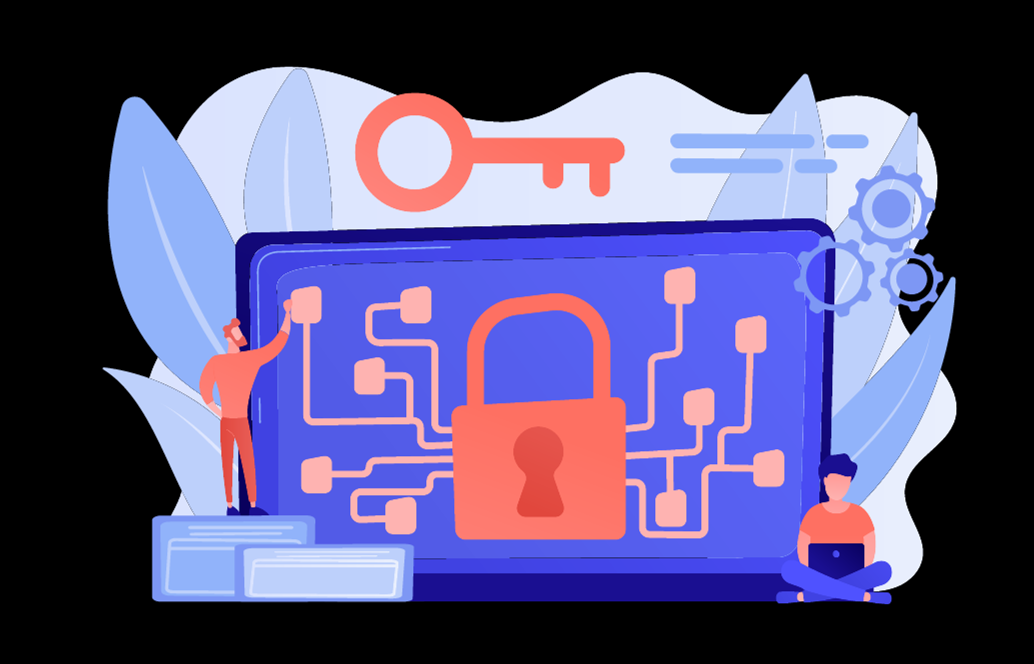Understanding Aramco CCC: Navigating the Third-Party Cybersecurity Standard (SACS-002)
In today’s rapidly evolving digital landscape, the importance of cybersecurity cannot be understated. As businesses worldwide are increasingly reliant on interconnected systems and third-party services, the need for robust cybersecurity standards is more crucial than ever.

Saudi Aramco, a global energy giant, has taken a proactive stance in this realm, initiating the Aramco CCC (Cybersecurity Classification Catalog) to fortify its cybersecurity posture. In this article, we delve into the significance of Aramco CCC and explore its correlation with the Third-Party Cybersecurity Standard, SACS-002.
Understanding Aramco CCC
Aramco CCC, or Cybersecurity Classification Catalog, is a comprehensive framework introduced by Saudi Aramco to assess and classify organizations based on their cybersecurity capabilities. This classification aims to ensure that third-party companies and partners engaged in business operations with Aramco uphold the highest standards of cybersecurity to protect sensitive data, infrastructure, and networks from potential cyber threats.
The Poll Question and It’s Significance
Recently, our company shared a poll, asking respondents to describe their organizations’ classification according to the Third-Party Cybersecurity Standard, SACS-002. The options provided were:
1. General Requirements
2. Outsourced Infrastructure
3. Network Connectivity
4. Critical Data Processor
This question is of immense importance as it sheds light on how organizations perceive and address their cybersecurity responsibilities when collaborating with third parties. Understanding each classification is vital to strengthening security measures and ensuring the protection of sensitive data in all external partnerships.
Let’s delve deeper into each classification:
General Requirements
Organizations classified under “General Requirements” typically have minimal access to sensitive data or systems. They may interact with third-party systems occasionally but have limited or no involvement in managing critical data. Nonetheless, it is crucial for such entities to adhere to basic cybersecurity measures to protect their own systems and avoid becoming potential entry points for attackers seeking access to more sensitive environments.
Outsourced Infrastructure
Organizations classified as “outsourced infrastructure” play a more significant role in managing specific infrastructure components, such as servers or cloud services, on behalf of a third party. While they might not directly handle critical data, they have privileged access to the infrastructure where sensitive information resides. Therefore, they must implement robust security practices to protect the infrastructure from unauthorized access and potential breaches.
Network Connectivity
Organizations categorized as “Network Connectivity” participants have a substantial role in providing or managing network connections for a third party. This classification often involves transmitting data between different systems or facilitating communication. As a result, entities falling under this category must maintain secure network protocols and mechanisms to safeguard data integrity and prevent eavesdropping or data interception.
Critical Data Processor
Organizations classified as “critical data processors” are entrusted with handling, processing, or storing highly sensitive information on behalf of a third party. This classification comes with immense responsibility, as any compromise in security could have severe consequences, including data breaches and regulatory penalties. Such entities must implement the highest level of cybersecurity measures, including data encryption, access controls, and continuous monitoring, to protect the critical data they process.
Conclusion
In conclusion, the Third-Party Cybersecurity Standard (SACS-002) is an invaluable guideline for organizations engaged in collaborations with third parties. The poll conducted by our company highlights the diversity of roles and responsibilities that businesses undertake when dealing with external entities.
Regardless of the classification, cybersecurity should remain a top priority for all organizations. A robust cybersecurity framework not only mitigates risks but also enhances trust among stakeholders, customers, and partners.
By following SACS-002, Aramco CCC sets an example for others in the industry and signifies the importance of prioritizing cybersecurity as a fundamental aspect of modern business operations.




